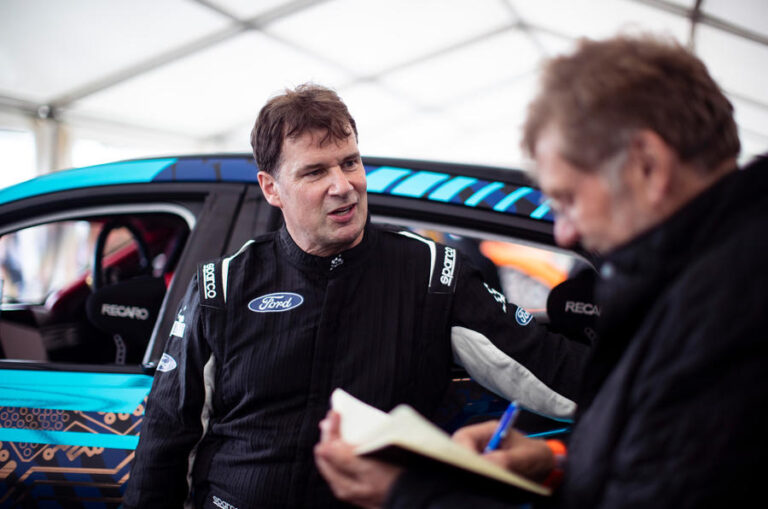That’s all very well, I say, but how does that square with the 2035 date much of the world says it’s working towards for the wholesale adoption of EVs? Doesn’t that mean ICE Mustangs, and especially V8s, will have disappeared by then?
“Are you sure?” Farley shoots back. “I don’t think we know. When you need a Transit for your work, or you’re a rancher with a pick-up in the US, electric power is a terrible solution – and even the most radical, decarbonising politician can’t afford to be on the wrong side of the customers.
“Maybe the solution will be hydrogen. Or the sustainable fuels thing is coming along. Whenever someone starts telling me they know the future, I hear a warning buzzer in my head. There are no certainties in our industry. I’ve heard this stuff a thousand times: every car’s going electric, every car’s going hydrogen, every car’s going diesel. There have been a lot of blind alleys.”
While we’re finding out which alternatives for future propulsion will prevail, Farley says Ford will do as much as it can to preserve special ICE engines, such as Mustang V8s: “Most of our lowered emissions standards are achieved by fleets, so I believe we can still sell some special cars if the fleet business is strong.”
Farley’s European connection remains strong – with his wife and three children, he lived in north London during his two-year tenure as boss of Ford in Europe – and he’s well aware of what is now dubbed ‘the Richard Parry-Jones era’, when the late, great product development chief led Ford to a market-leading role in all aspects of driving quality, especially driving dynamics. I ask Farley if he is aware that in some cases the halo has recently slipped.


